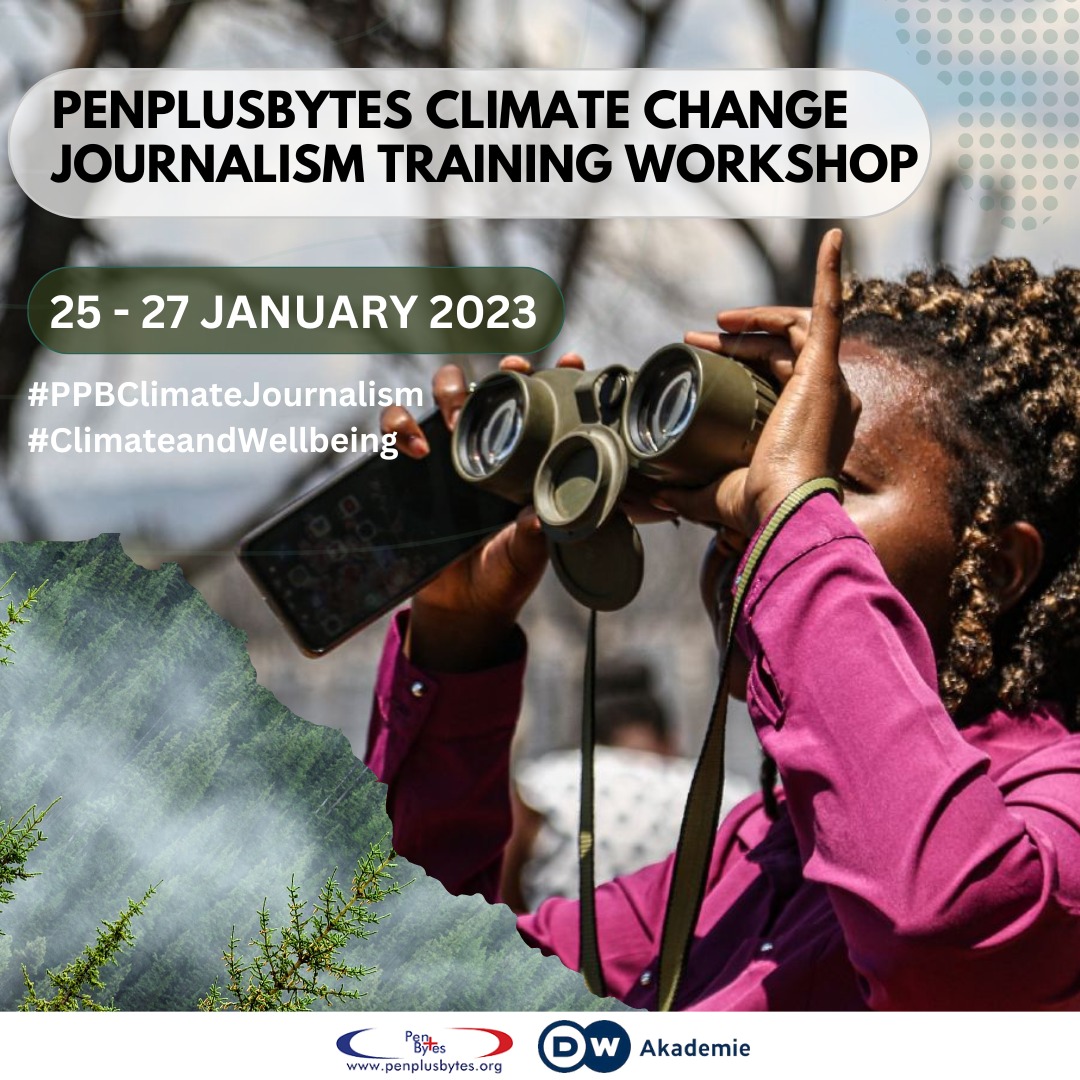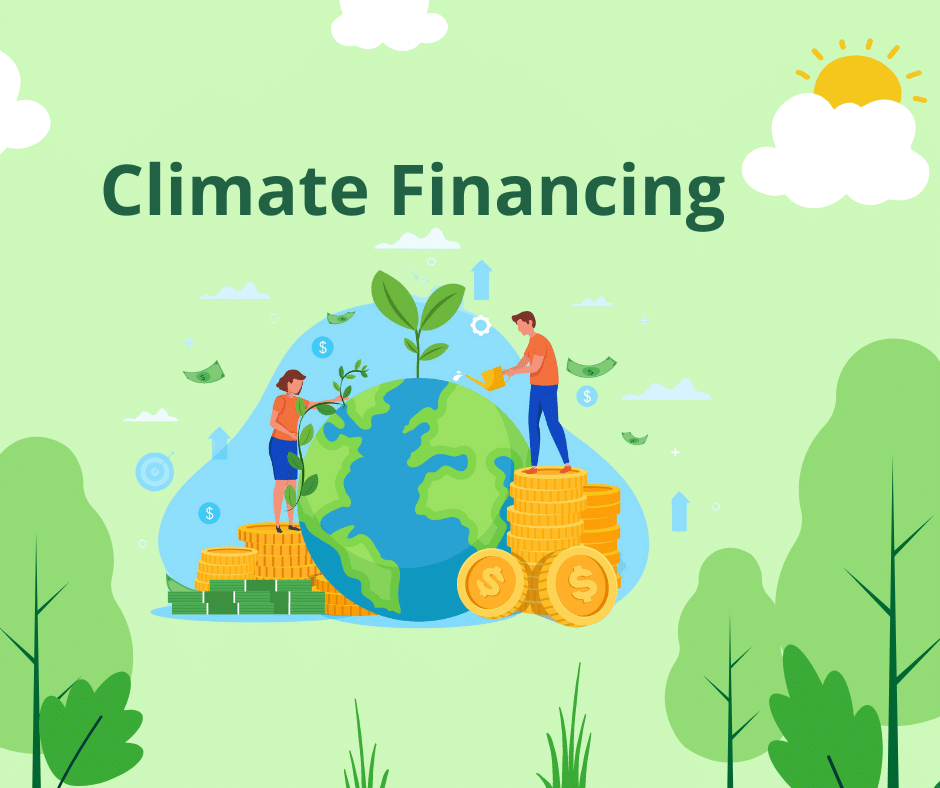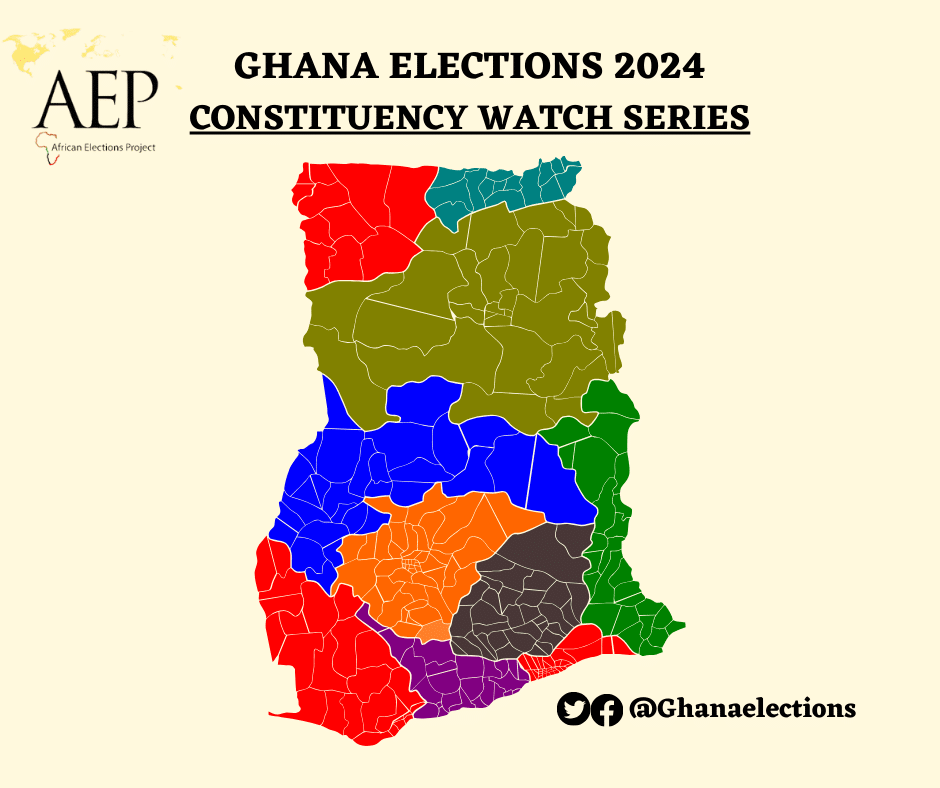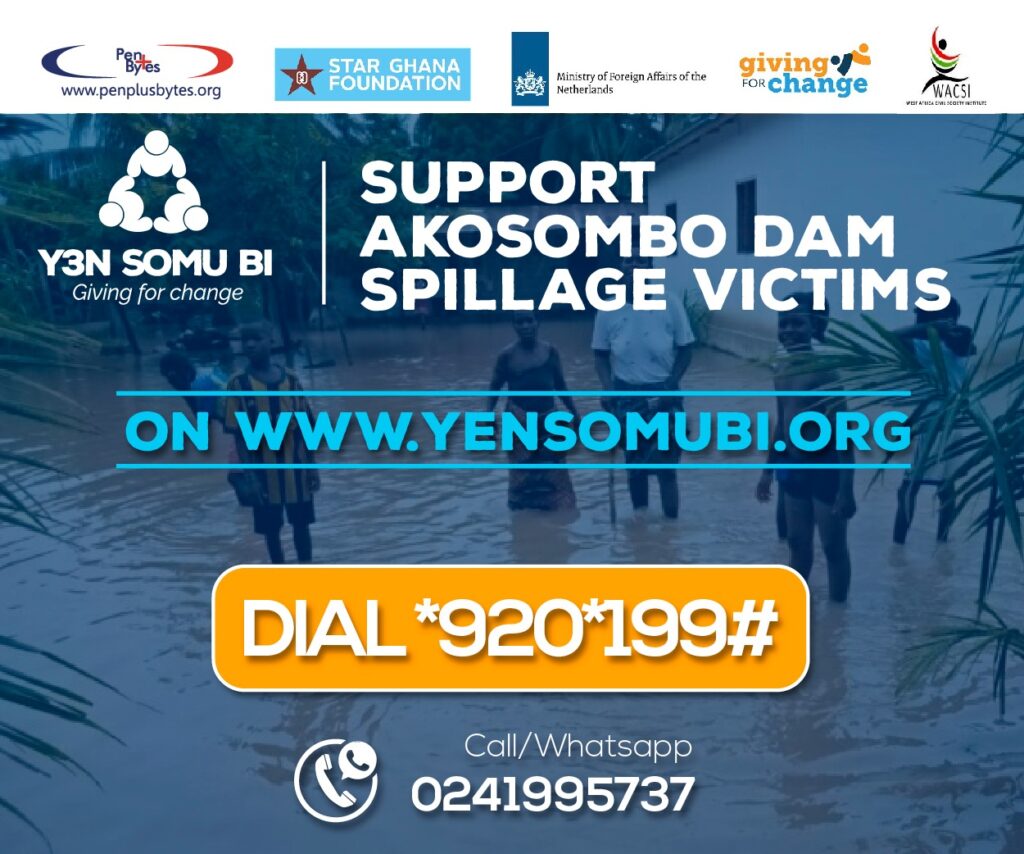The African continent faces major environmental challenges linked to climate change and Ghana is not left out as can be seen in changes in temperature and rainfall patterns, as well as more frequent and severe weather events such as chronic flooding and harsh harmattan in some parts of the country with its adverse impact on health and the economy.
Relatively little space is allocated to climate change issues in the media. In a 2010 study by the Reuters Institute on media coverage of climate change in Africa , findings showed that about 60 per cent of media persons interviewed identified a lack of training and time pressures as major reasons why climate change has rarely generated coverage commensurate with its significance for the continent’s future prosperity.
Although some steps have been taken to address the aforementioned issues, it is worth noting that the dearth of awareness on the part of citizens about the causes and impacts of climate change has been very low. For many news media and editors, the environment is a non-topic although the media can help raise awareness of the impact of climate change on our daily lives.
According to recommendations from the Reuters Institute study, the media can do a lot more in shaping public understanding of climate change and public policies. The poor perception of the subject by both editors and journalists can be reshaped through training and workshops.
In light of this, Penplusbytes with support from DW Akademie under its Climate Crisis Journalism Project, will from the 25th to the 27th of January 2022, gather selected Ghanaian journalists and build their capacity in the subject matter to enable them conduct in-depth and investigative reporting on climate-related issues.
The three-day training session will be delivered by climate change experts and seasoned journalists in the environment and climate fields who will be engaged as resource persons to expose and orient the selected journalists to the intricacies of climate change, international best practices, trust building, and addressing disinformation, among other topic areas.
According to the Executive Director of Penplusbytes, Jerry Sam, “It is imperative to fight the growing climate crisis with a multi-pronged approach and this training will seek to equip the selected journalists with the requisite knowledge and skills to inform, educate and shape public discourse on the climate crisis in a responsible manner, enabling the people to act and shape the clean, green and sustainable climate for the future and its generations”.
To assess and sustain in the short term the impact of the training received, Programme Manager for Penplusbytes, Precious Ankomah says, journalists will be motivated through a competitive micro grant system for in-depth stories generation around climate change in Ghana.
The trained journalists will also be mentored by seasoned experts and will go through some refresher courses that will be delivered in a hybrid format (both virtual and face-to-face engagements).
About Penplusbytes
Penplusbytes is a not-for-profit organization driving change through innovations in the following key areas: using new digital technologies to enable good governance and accountability, new media and innovations, climate and well-being, and enhancing oversight for effective utilisation of mining, oil and gas revenue and resources.






